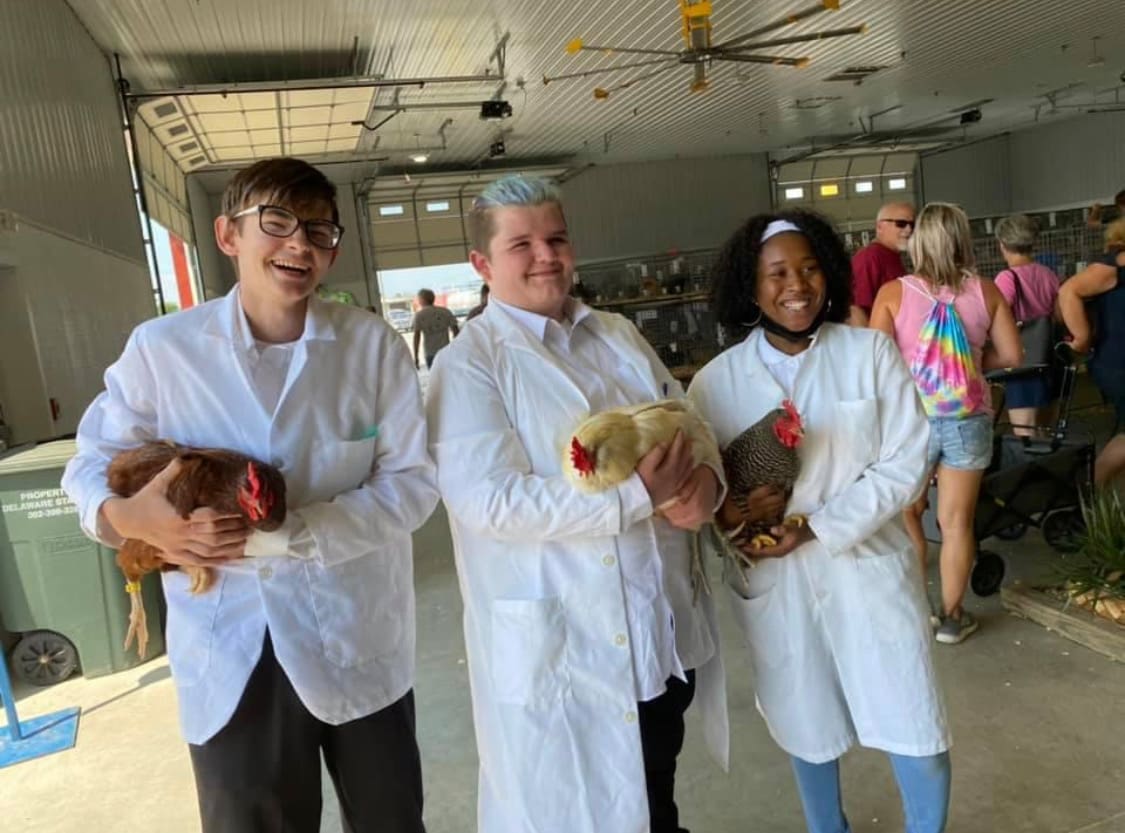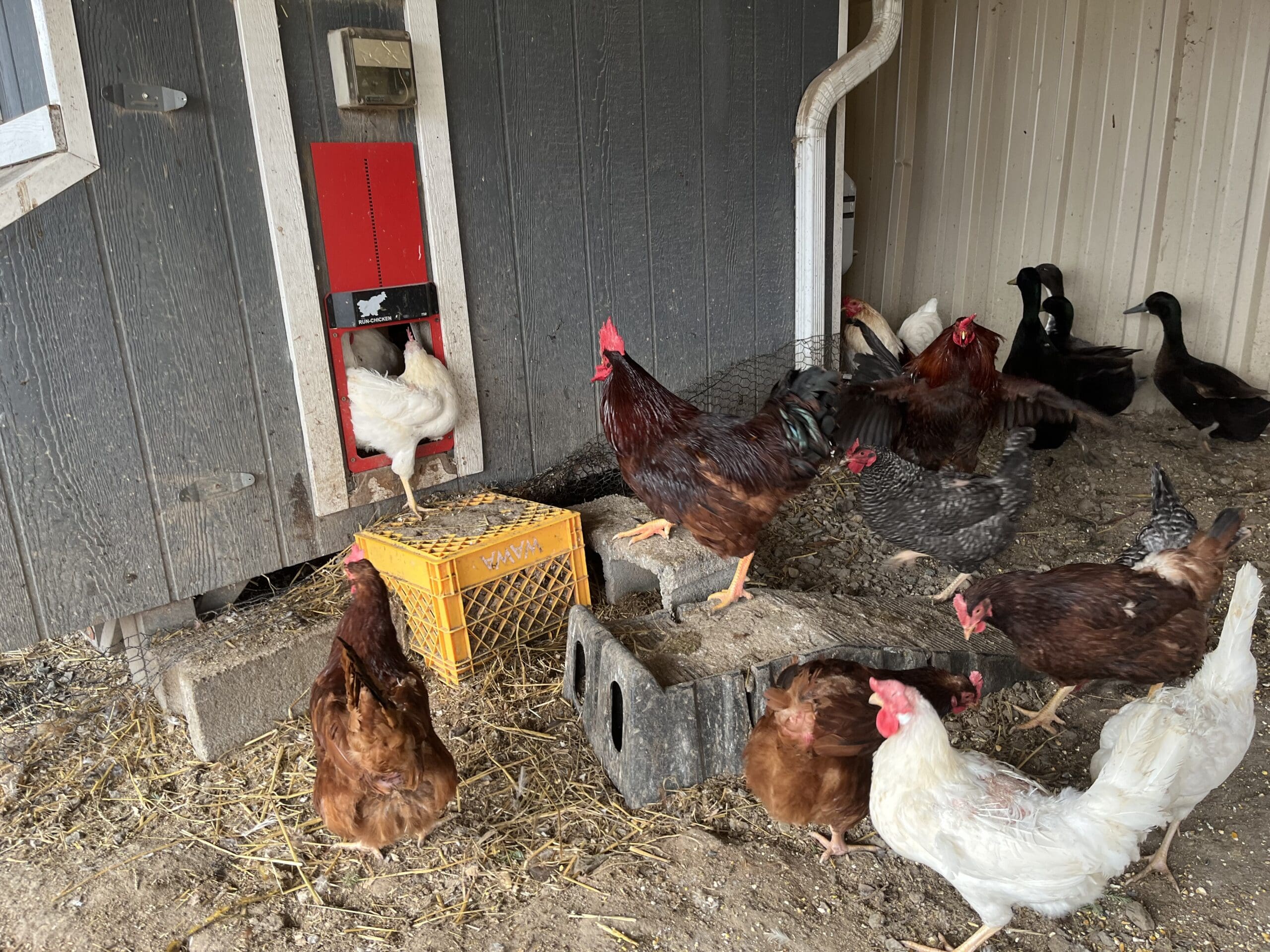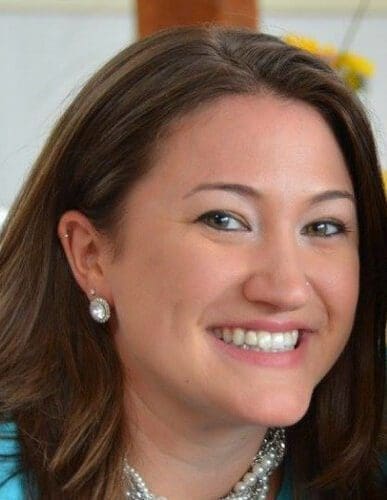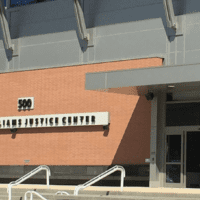

Dawson Raught, Jeffery Brennan and MaKayla Counts with some of the Penn Farm chickens used to harvest eggs.
William Penn staff have one benefit most educators don’t: Eggs.
Karen Ferrucci’s animal science class harvests eggs from their chickens, giving first choice to the school’s nutritional program to feed students, and the second to the school’s culinary program.
Any extra eggs are sold to school faculty and staff.
Last week, Ferrucci and the 150 students involved in her various courses sold more than 30 dozen eggs.
They’re selling now at $5 a dozen, cheaper than a lot of people can find them at grocery stores.
Her animal science class has been selling homegrown eggs for seven years, but inflation and the bird flu decimated chicken houses has given the program more attention.
Her students get a kick out of being able to connect his lessons with real animals.
“Being able to go outside and work with the animals and work with my hands, which is my preferred way of learning, has been amazing,” said junior Jeffery Brennan. He wants to teach agriculture as a career.
“Having the hand- on stuff really helps because if we’re doing a unit on chickens, we can go out, learn about the eggs themselves, learn about the chicken, learn about their diet,” he said, “The same thing goes with the goats, where we can go out and actually see and touch the animals rather than just seeing a picture of it.”
After operational costs like buying egg cartons, Ferrucci said there’s only about $150 profit weekly, which gets pumped back into the school.
“It goes to our programming for animal care, animal feed, student leadership opportunities, scholarships to go on conferences and stuff like that,” she said.
Sales aren’t designed to make a profit, she said, but to get students active on the Penn Farm.
“It’s great that we can show our eggs to the school and we give them to the culinary department for them to cook with,” Brennan said, “Just selling to the community really brings me a lot of joy because I know that what I’m doing in this class is going towards a good cause.”
There’s typically 60 to 90 chickens, three geese, four ducks and six goats on the farm, which is adjacent to the school.
Chickens generally lay eggs for two to three years, Ferrucci said.
After that, the chickens are donated to the culinary department for students to learn how to process an animal.
William Penn also partners with Delaware State University, which has a mobile meat processing lab that comes to the school.
Some chickens will be donated to Colonial families practicing a Halal diet, which requires food to be prepared and handled according to Islamic Sharia law.
The chickens have about 160-square-feet to run around on, with rotational grazing for increased production and enrichment, Ferrucci said.
RELATED STORY: William Penn High forms student advocacy group
In the class, students learn about animal care techniques and the concepts of animal welfare for food production.
“When I came to high school and I saw that we had an animal science program I was excited to sign up for it and actually be able to learn hands-on from the animals we discuss,” said senior Jenna Buchanan. Her family raises chickens, which sparked her passion for learning about wildlife.
With the experience she’s gained in Ferrucci’s class, Buchanan said she’s confident she wants to go into veterinarian work after college.
The farm provides a great balance between learning about agriculture from books and the animals.
“That definitely helps us get a clearer idea of what we want our career path to look like,” she said.
Ferrucci said classes like hers also help people become more food aware.
Rural people have joked for decades that urban people think their eggs come from grocery stores, but in the last decade, as eat-local and organic food has become more popular, people want to know where their food comes from.
“People can ask me or my students that are delivering the eggs what the chickens are fed,” Ferrucci said. “They can see the birds that are laying these eggs so I think that gives more ownership to their food.”


Raised in Doylestown, Pennsylvania, Jarek earned a B.A. in journalism and a B.A. in political science from Temple University in 2021. After running CNN’s Michael Smerconish’s YouTube channel, Jarek became a reporter for the Bucks County Herald before joining Delaware LIVE News.
Jarek can be reached by email at [email protected] or by phone at (215) 450-9982. Follow him on Twitter @jarekrutz and on LinkedIn
Share this Post









